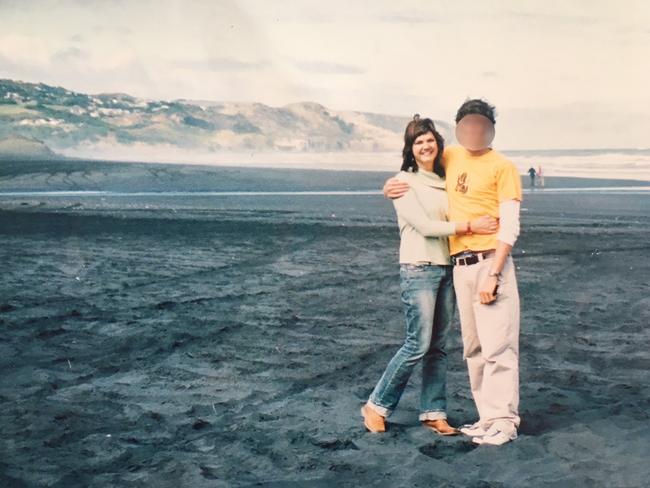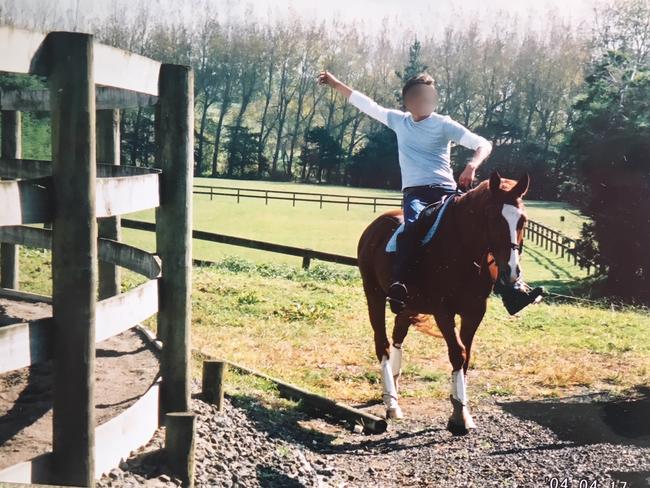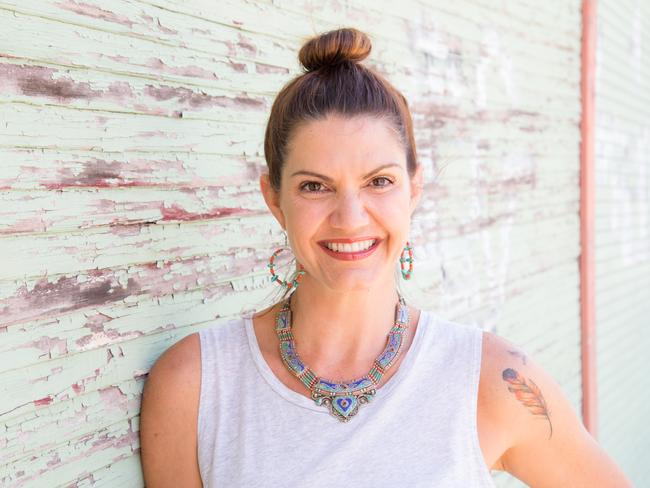What it’s like to be gaslighted
DANIELLE’S gut instinct was screaming, but her boyfriend had good excuses. Until she realised what was really happening.
IT WAS about 6am when the hospital rang to say my boyfriend had been found bleeding in a park. I’d been expecting the call. My boyfriend, Patrick*, had texted family members to say goodbye, and his mother called me hoping I could find him to stop him before he took his life.
I hung up the phone, hastily gathering my things when the phone rang again. A girl’s voice on the line told me she was Patrick’s girlfriend. Apparently, they’d been together for years, a little on-again, off-again, but currently definitely on again.
We both went to the hospital but he refused to see her. Not that it mattered now. This moment was the crescendo of months of deception and lies. I had suspected many things, but I had not suspected this.
Gaslighting by definition is to manipulate someone by psychological means into doubting their own sanity. The “losing my mind” game is not a fun one to play.
“You just gotta trust me, Muffins. You’re seeing stuff that isn’t there,” Patrick would say during our relationship.

My gut instinct was screaming, but his silky smooth words placated my fears and made me feel irrational and neurotic. I had become this suspicious woman accusing her partner of illicit behaviour, always persuaded I was somehow mistaken.
I worked days and he worked nights and he would disappear regularly between dark and dawn. There was always a reason. After work drinks and he fell asleep on a couch. He helped a friend on a late night mission. He stayed back at work and lost track of time.
I tried to make deals, set curfews. I gripped tighter to this wisp of selfish stardust and he whirled further from my grasp. I became a controlling, obsessive, uptight girlfriend. The type of partner I despise.
I once snuck into his phone history, to find everything deleted. I wasn’t sure who I hated more in that moment, him or me.
I know now he lied about everything. Drugs, fidelity, even inconsequential things but I also know that it was a gradual wearing down over time that took away my sense of reason.
Patrick made me question my own mind. Every issue I raised, he turned around to me or wrapped it up in ribbons of lies. Often the lies were so elaborate I couldn’t have imagined they were untruths. One day while I was at work he had a “minor heart attack” he said to explain the needle marks in his arms. He often needed blood tests towards the end, little round Band-Aids covering the bruises.

About a week before Patrick was found in a park at dawn, I bumped into a guy I had worked with years before. We chatted about life and what we were up to and I mentioned I was dating a guy called Patrick.
“Tall Patrick? With the tattoos?” he asked. “I know him. Tell him I have the money I owe him.”
“Oh, sure, no problem,” I said, sensing this was the big reveal. “What’s the money for?”
“I owe him three grand for cocaine,” he replied. I acted nonchalantly, but my gut went cold. They weren’t blood tests. He was shooting up cocaine. Who even does that?
I confronted him that night. I asked him to move out of our home and told him that I had no idea who he was. He half-heartedly tried to lie, but he knew his web had finally caught him in its stickiness. I was done. I was making preparations to move when the final hammer was dropped the following weekend.
I was deeply ashamed and I wondered if all of our friends knew his secrets and were complicit in his deception. I struggled to look our friends in the eye because I knew I did not look like the intelligent woman I was. I looked a fool.
I am not a fool, however, intelligence is a key factor in how receptive someone is to being gaslighted according to self-confessed habitual gaslighter, Greg. It’s a trait he looks for, he explains in a BBC article.

“From my experience, it’s not true that it is vulnerable or insecure women who are susceptible to gaslighting. These were successful women but that came with a perception of what they thought a ‘successful’ relationship should look like and they shared that. They gave me a blueprint to what they were looking for in a man.” Greg says.
He goes on to explain that a gaslighter often manipulates to try to fit the mould of the narrative the other person wants the relationship to follow.
“As a result, you do little things over an extended period of time that increases the likelihood that the partner will accept your narrative over their own,” he tells.
This fits with my experience. Patrick would say things that would deplete me; that I had put on weight and should take care of myself, or I was demanding. He would say I was reading into things, looking to start an argument.
Other common traits that make you susceptible are being conscientiousness and having a desire to do the right thing. This makes you trusting by nature, according to Dr George Simon, psychologist and author of international bestseller In Sheep’s Clothing: Understanding and Dealing with Manipulative People.
Also being agreeable, and wanting to get along with people and treat people well can leave you at risk.
I learned that I am not foolish and these traits are something to be proud of. I shared these virtues with the wrong person, but I don’t regret it. I learned valuable lessons.
I learned that my gut instinct is often my best defence. I learned that with time all wounds can heal. I also learned that I am worthy of great love, respect and care and settling for anything less is the only time I am a fool.

*Name has been changed.
Send your story to: real.life.stories@news.com.au



